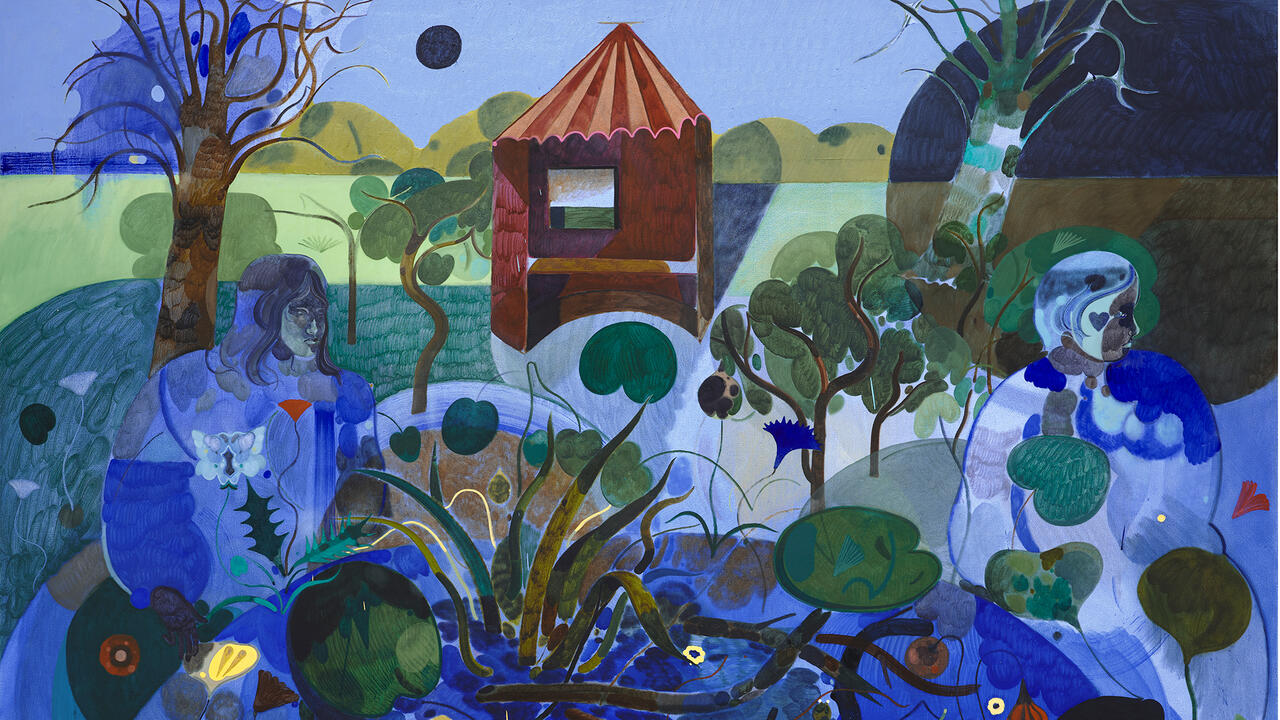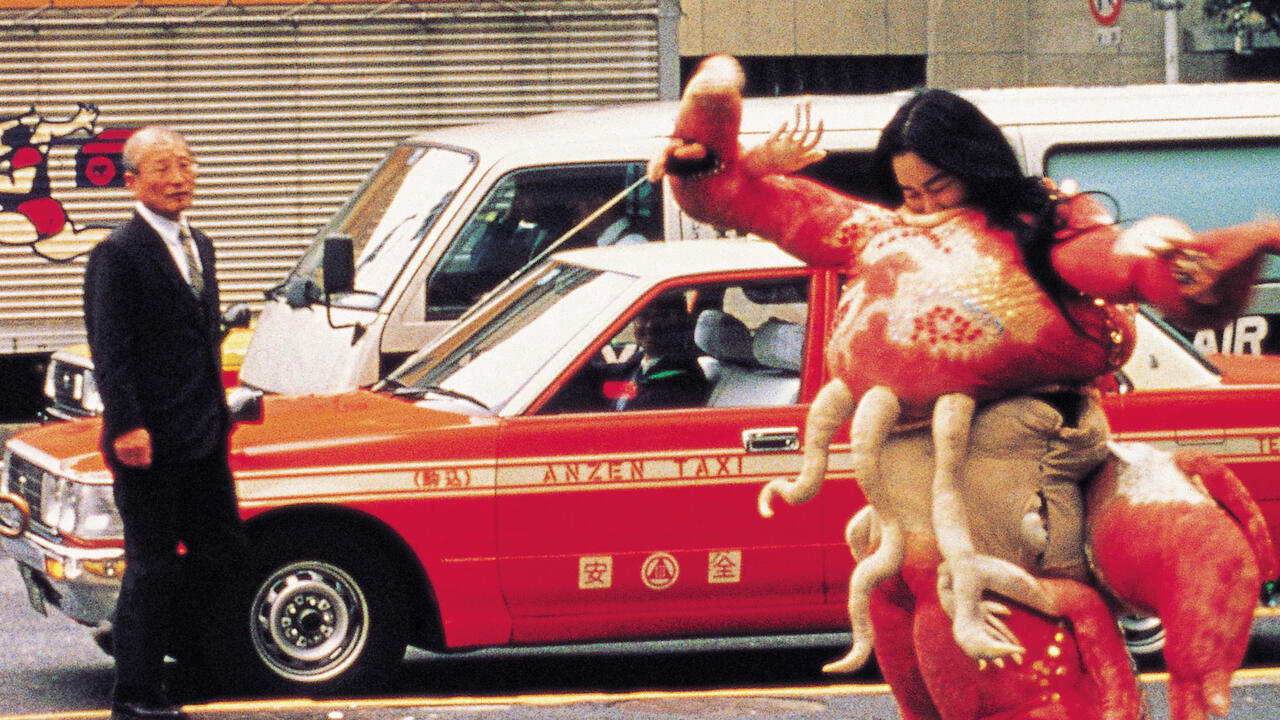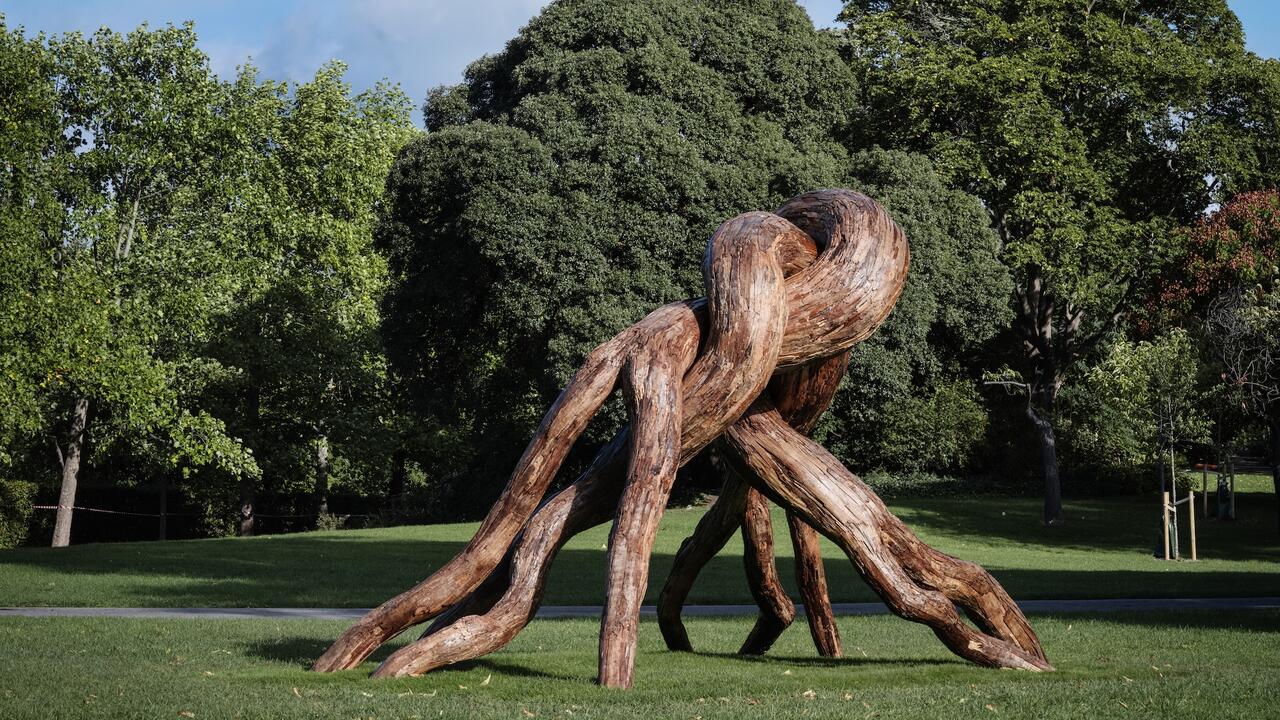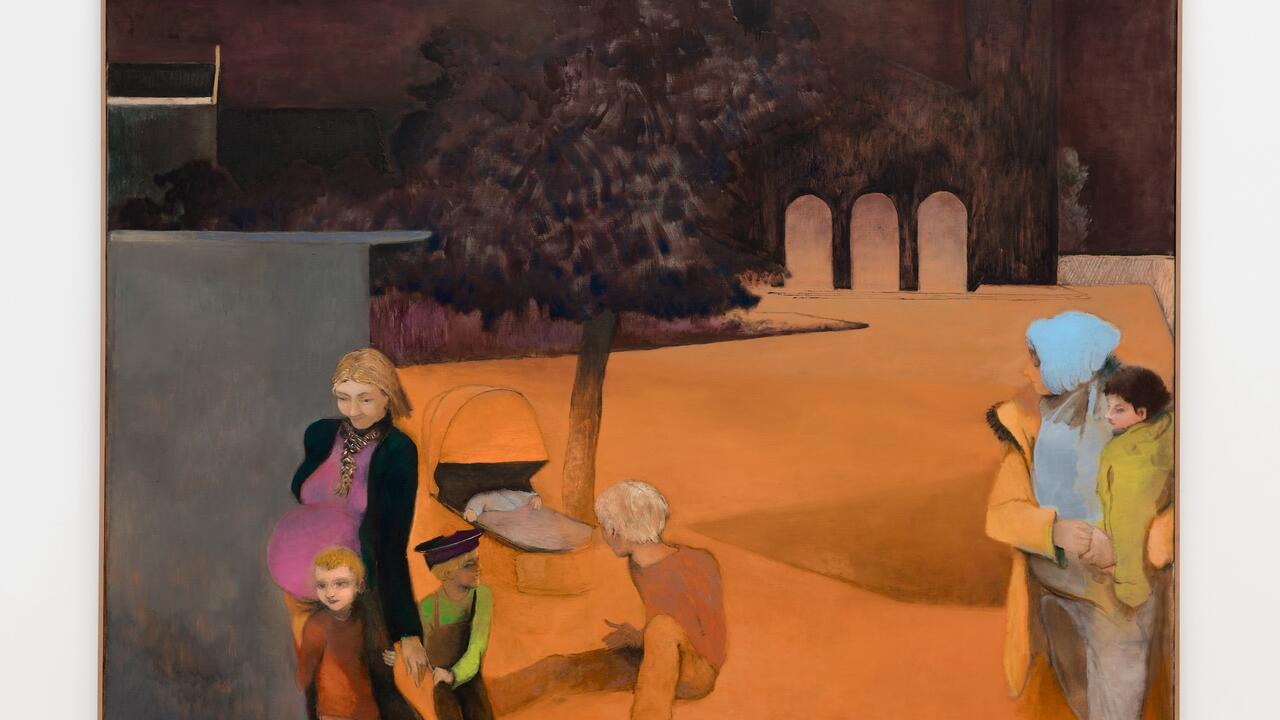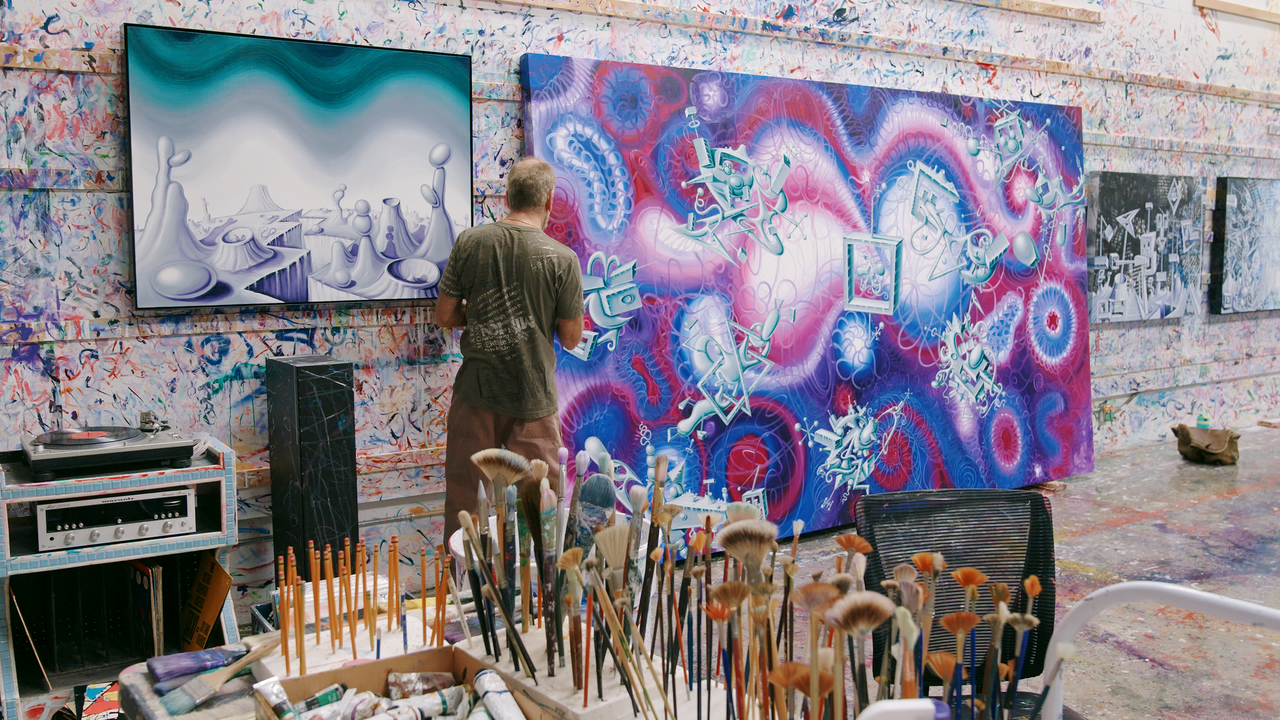Le Miserable
Saul Anton Can't Put Houellebecq Down
Saul Anton Can't Put Houellebecq Down

Alternately hailed as the next Camus and dismissed as a reactionary, pornographic hypocrite, for the past two years Michel Houellebecq has been the stuff of front-page news in his native France. His novel Les particules élémentaires (The Elementary Particles, 1998) set off a media firestorm, earning him a nomination for the Prix Goncourt, but also the condemnation of the Catholic Church. This combination soon turned the book into a best-seller, guaranteeing Houellebecq a place in the long tradition of Gallic poètes maudits stretching from de Sade to Baudelaire, Céline and Bataille.
In actuality, he was already well on his way to literary stardom. In 1995 one French magazine proposed a new adjective, 'houellebecquien', which it defined as 'a certain state of social misery particular to the late 20th century that recalls the despairing, ironic tone of the writings of Michel Houellebecq'.
What has earned him a possible berth in the French language? His charge is simple: instead of bringing happiness and self-determination to all, the radical individualism and liberal values inaugurated by the 1968 student uprisings in Europe were the latest step in capitalism's relentless colonization of every facet of human life. In his view the sexual revolution of the era introduced market forces into the last bastion of private life and now causes untold amounts of suffering to the great majority of people, who can no longer compete for their fair share of love and sex. The idea was presented in his first novel, Extension du domaine de la lutte (translated incomprehensibly as Whatever, 1998), the story of a depressive, socially alienated computer programmer obsessed with his ex-girlfriend, and an ugly, none-too-savvy salesman unable to find a woman who will give him the time of day.
This idea has earned Houellebecq the contempt of many on the left, who see in him an enemy of the hard-won rights of women and minorities. A former Marxist, the author doubtless relishes presenting the illiberal reality of contemporary liberal society; characters in his novels make racist, sexist and homophobic comments. But it's at least questionable whether the author can be accused of the same. In fact, it could be argued that he offers a particularly lucid diagnosis of the intractability of racism in modern culture and the way it is driven by social alienation and the desire to belong to a community defined by something other than self-interest. It might also be worth recalling that not all leftists embraced the 1968 uprisings. Theodor Adorno rejected the utopian ideas of the Freudian-Marxist sexual liberation movements, and once called in the police on student demonstrators. Houellebecq dishes up a hilarious twist on this idea when he suggests that Mick Jagger is the Lucifer of the famous Stones anthem 'Sympathy for the Devil' and the perfect embodiment of the evil of materialist individualism and sexual liberation: a master businessman who cynically sells sex as the means to individual salvation.
In The Elementary Particles, the evil twin of sexual liberation is the contemporary genetic revolution. The novel's two main characters, half-brothers Bruno and Michel, are the damaged children of a French mother who abandoned them in the 1960s when she moved to California looking for New Age self-realization. Bruno has been in and out of mental hospitals and struggles with a host of sexual issues; Michel is a lonely geneticist who eventually invents human cloning, making sexual reproduction obsolete. The implication is that genetics is both the ultimate consummation of individualism and its final eclipse. Sex is no longer a source of suffering but rather a zone for pure pleasure disconnected from the needs of reproduction and traditional social structures; on the other hand, it turns out to be the triumph of a brave new world of genetic determinism. Here is how Michel summarizes it:
'In principle, the transfer of electrons between neurones and synapses in the brain - as discrete atomic phenomena - is governed by quantum uncertainty. The sheer number of neurones, however, statistically cancels out elementary differences, ensuring that human behaviour is as rigorously determined - in broad terms and in the smallest detail - as any other natural system. However, in rare cases - Christians refer to them as acts of grace - a different harmonic wave form causes changes in the brain which modify behaviour, temporarily or permanently.'
The passage is more sci-fi than anything else, but it's also a truly disconcerting gloss on the ever-increasing pharmaco-determinism of life in the age of Prozac.
Perhaps in an effort to answer critics who argue that Houellebecq hypocritically lives the decadent lifestyle he condemns, his latest work, Lanzarote (2000), is a Swiftian tale of modern mass tourism in the Canary Islands that's less gloomy than his previous efforts. On vacation from an anonymous job in Paris, Houellebecq's everyman narrator meets a lesbian couple with whom he is soon having casual sex. But the difference between the pornographic scenes of Lanzarote and those of The Elementary Particles is telling. The narrator soon develops an authentic if fleeting attachment, hinting that Houellebecq may be considering the possibility that sexual relations are more than capitalist or genetic programming. The narrator's counterpart in the story, a Belgian policeman named Rudi, refuses to partake in the sex. He has come to Lanzarote to join a UFO cult called the Azraeliens, who have chosen the island as their headquarters because of its beautiful otherworldly volcanic landscape. Our choice is UFO cults or a new look at sex, Houellebecq seems to suggest. As dubious as both alternatives are, they imply a rejection of the right-wing politics of church and nation. The author has little nostalgia for kindlier, gentler times.
Reactionary or not, it's clear that Houellebecq is a writer of the Enlightenment novel of ideas. Unlike modern American writers, who are rooted in journalism, he channels the spirits of Diderot and Voltaire, wrapping his social and philosophical aperçus in the trappings of Realism. At the same time, he is not merely an intellectual; Houellebecq has a strain of the pop star in him: Neil Young is one of his avowed cultural heroes. Since becoming a literary star, Houellebecq has diversified. This year he released Presence humaine (2000), a CD of his writings set to music, which includes 'Playa Blanca', a paean to the Lanzarote beach where he met the lesbian couple. He is also set to direct a porn film. Like Nietzsche, who is invoked in nearly every article written about Houellebecq, it seems he's aiming to be the 'good European'. Ironically, these days, that means being a cultural entrepreneur in the mould of Elvis, Warhol or Jagger. In the end Houellebecq may have more sympathy for the devil than he'd originally let on.





